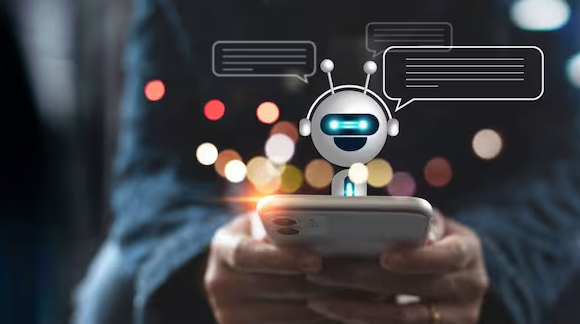In today’s fast-paced digital age, artificial intelligence (AI) has become increasingly integrated into our everyday devices, such as smartphones and personal computers. While this technology offers a range of benefits, including improved efficiency and convenience, it also raises important questions about the privacy and security of our personal data.
Understanding AI in Consumer Devices
Many of the devices we use on a daily basis, such as smartphones and laptops, now come equipped with AI-powered features that enhance user experience. These AI technologies can perform tasks such as voice recognition, predictive text input, and personalized recommendations based on user behavior.
However, while these features may seem helpful and convenient, they also rely on collecting and analyzing vast amounts of user data. This raises concerns about how this data is being used and whether it is being adequately protected from potential breaches or misuse.
The Risks of AI-Powered Devices
One of the primary risks associated with AI-powered devices is the potential for unauthorized access to sensitive personal information. As these devices collect data on our online activities, preferences, and behaviors, there is a risk that this information could be exploited by malicious actors for identity theft or other nefarious purposes.
Additionally, there is a concern about the lack of transparency surrounding how AI algorithms make decisions based on user data. This raises questions about bias and discrimination in algorithmic decision-making processes, which could have serious consequences for individuals who are unfairly targeted or marginalized as a result.
Protecting Your Personal Data
Given the growing prevalence of AI in consumer devices, it is more important than ever to take steps to protect your personal data from potential privacy risks. Here are some tips to help safeguard your information:
- Review Privacy Settings: Take the time to review the privacy settings on your devices and apps to ensure that you are comfortable with the level of data collection being performed.
- Be Mindful of Permissions: Pay attention to the permissions requested by apps and devices when accessing your data, and only grant access to what is necessary for their functionality.
- Use Strong Passwords: Ensure that your devices are password-protected with strong passwords that are difficult for hackers to guess.
- Update Regularly: Keep your software up to date with the latest security patches to prevent vulnerabilities that could be exploited by cybercriminals.
The Future of AI Privacy Regulations
In response to growing concerns about privacy risks associated with AI technologies, lawmakers around the world are beginning to enact regulations aimed at protecting consumers’ personal data. For example, the European Union’s General Data Protection Regulation (GDPR) imposes strict requirements on companies handling user data to ensure transparency and accountability in their practices.
This shift towards greater regulatory oversight reflects a broader recognition of the need for increased safeguards around AI-driven technologies. While these regulations may impose additional responsibilities on companies developing AI products, they ultimately serve to protect individuals’ rights to privacy in an increasingly digital world.
In Conclusion
The integration of artificial intelligence into consumer devices represents a significant technological advancement that offers numerous benefits for users. However, it also brings new challenges related to privacy risks associated with the collection and analysis of personal data.
By taking proactive steps to protect your personal information and staying informed about developments in AI privacy regulations, you can minimize these risks and enjoy the many advantages that AI-powered devices have to offer.
